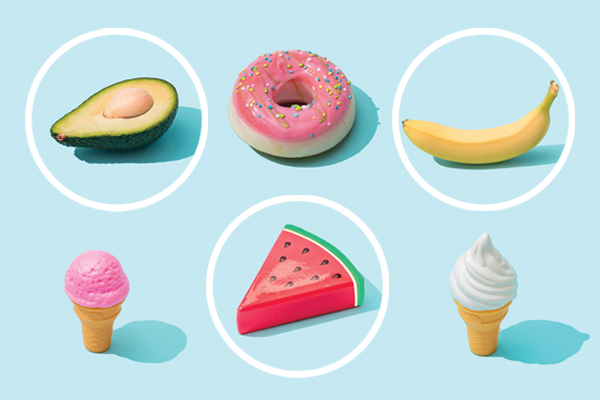A digital detox refers to time spent away from and off devices such as smart phones, computers/laptops, social media and television in the hopes of becoming less stressed, less focused on digital interactions, with more time for ‘offline’ activities that benefit health and wellbeing.
Why Do a Digital Detox?
For many people, social media and other digital activities are a source of stress. Some constantly compare themselves to other which makes them feel down, others are bordering on becoming addicted – simply unable to take time out.
There are many reasons why you may want to switch off for a brief time, whether it’s to enjoy quality time with those you love, or you’re starting to feel overwhelmed by your smartphone and need a time out. And doing so can have some huge benefits for your mental health.
In a recent poll by Common Sense Media, 50% of teens admitted they felt addicted to their mobile phone, and a shocking 78% said that they checked their devices hourly.
Research has also shown that being on your phone in bed can be disruptive for your sleep, and so it’s widely recommended that you switch off an hour before bedtime. This is because of the blue light that is emitted from your device, causing negative effects to your brain.
More research has shown that social media can play a huge part in mental health, especially amongst children at school age. More time spent on their mobile phones has been frequently linked with ADHD and conduct disorder – this also translates to adults too. Many studies have looked into this topic, with results showing that mental health vastly improves with less time spent on social media channels such as Instagram and Facebook.
Whilst there are many reasons why computers, television and smart devices can benefit us, it’s important to recognise when the fun stops and switch off from things that are becoming unhealthy for you.
How Do I Digitally Detox?
It’s important to set yourself a plan for when you want to detox from the digital world. Although you may find it easy to switch off your television, putting down your phone completely may cause some barriers to other areas of your life, so maybe just logging out from certain apps that you feel you use too much is a good place to start. If you don’t think that you’ll be able to resist the temptation to check them, delete these apps temporarily from your phone.
Let your friends and family know if you are going to have a time out so that they don’t begin to worry about you not replying. It’s a good idea to plan out some activities to keep you distracted and entertained. Just going out of the house for a walk or to see friends is a good way of making sure that you don’t reach for your phone and it restricts your access to any other digital devices too. A digital detox may also free up some time for you to try out a new hobby or activity such as painting, music or sport.
If you find the detox especially useful, why not create a journal and document how you felt whilst being offline. This is a great way of moving forward with any anxieties in general and can help you pick up on patterns or triggers that cause you to feel stressed as well as those that make you happy and calm. You can reread your journal if you need inspiration for a future digital detox.
Ultimately, a detox of anything can be beneficial in helping you build better relationships with your habits and those around you. Although it can cause initial stress, you are sure to feel refreshed afterwards and ready to face the world again. So why not plan your digital detox today.















